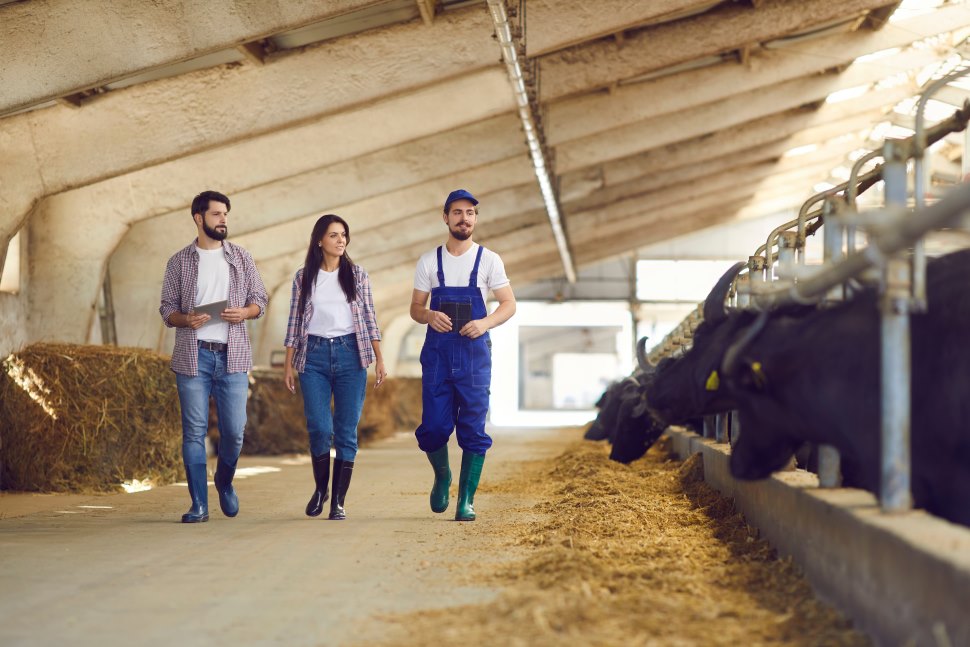At the competition for young farmer of the year “3 Banks”, three young people received a total of one million dinars. The first place was won by Mihajlo Đokić from Mala Vranjska, while the second and third places went to Vlastimir Vlasjkov from Bašaid and Njegoš Petrović from Stupčević. The competition aims to encourage innovations and young people in agriculture, which is crucial for the improvement of Serbian agriculture. Ivana Popović, State Secretary of the Ministry of Agriculture, emphasized the importance of supporting young farmers, while Vladimir Vukotić from “3 Banka” emphasized that the average age of farmers has increased, which indicates the migration of young people to cities.
Cooperatives in Europe – what are they like for the average farmer?
Agricultural cooperatives in Serbia face challenges and the need for reforms, despite significant state assistance in revitalization through the 2015 Law on Cooperatives. Although new cooperatives have been established, many issues remain unregulated, such as financing and taxes. A special problem is VAT on the use of cooperative machinery, which cooperative unions consider unjustified. VAT is also charged on machinery that is already taxed upon purchase, which puts an additional burden on cooperative members. Despite numerous appeals by cooperative organizations to the Ministry of Finance, concrete changes in the tax policy have not yet been implemented.
In Europe, cooperatives enjoy benefits thanks to measures that encourage their development. The European Union applies over 300 differentiated support measures, including tax incentives, to ensure the sustainability of cooperatives. In contrast, Serbian cooperatives, even though they operate legally and regularly pay taxes, contributions and fees, often face unnecessary costs, such as VAT on services and products. This particularly affects agricultural producers, who are already threatened by low product prices and credit debt.

Cooperatives in Serbia today
Despite these challenges, cooperatives in Serbia are making progress. Positive developments have been observed in Vojvodina, and the state has already invested significant resources in the recovery of the sector. However, in order to support the further development and construction of the European model of cooperatives, it is crucial to relieve cooperatives of unnecessary taxes. Exemption from VAT for the use of cooperative machinery and other services would help cooperatives and their members to survive in a demanding market. State support in this direction would contribute to the elimination of the gray economy and empower small and medium producers.
Support for young farmers and the improvement of the cooperative system are key to the future of Serbian agriculture. Integrating European models and adapting domestic policy to the needs of cooperatives would enable better competitiveness and sustainability of agricultural production in Serbia.
Source: boljazemlja.com


